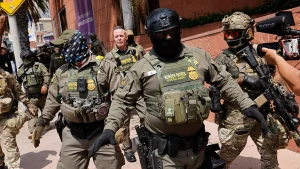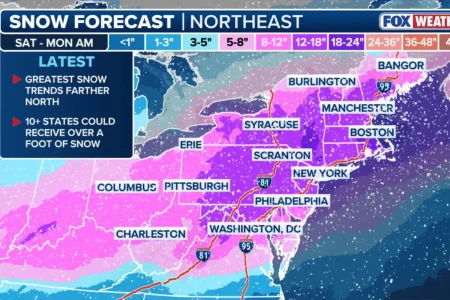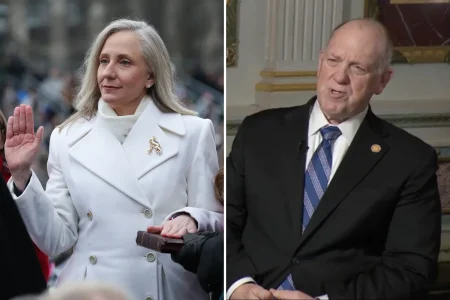Israel’s Gaza Offensive Proceeds Amid Trump’s Notable Silence
In the midst of Israel’s significant military offensive in Gaza, President Trump has maintained a conspicuous silence on the international stage. Unlike previous U.S. administrations that typically issued statements either urging restraint or explicitly supporting Israel’s actions during such conflicts, Trump has chosen neither path. This absence of clear messaging from the White House has been interpreted by Israeli leadership as tacit approval to continue their military operations without American constraints or criticism.
The President’s uncharacteristic reticence on this matter represents a departure from traditional U.S. diplomatic approaches to Israeli-Palestinian conflicts. Historically, American presidents have carefully balanced statements of support for Israel’s security with calls for proportionality and civilian protection. Trump’s administration has instead allowed the situation to unfold without public comment, creating a diplomatic vacuum that Israel’s government appears to have filled with its own interpretation – that the absence of American objection constitutes permission to proceed with their military objectives in Gaza as they see fit.
This silent stance has profound implications for the dynamics of the conflict. Without American diplomatic pressure advocating for de-escalation or civilian protection measures, Israel may feel emboldened to pursue more aggressive tactics than might otherwise be politically feasible. Palestinian civilians caught in the crossfire face an increasingly desperate humanitarian situation, while regional observers note that the lack of American engagement removes a traditional moderating influence from the equation. The silence also speaks volumes to international allies and adversaries about potential shifts in American foreign policy priorities in the Middle East.
The relationship between Trump and Israeli leadership appears to reflect a significant evolution in U.S.-Israel relations. Rather than maintaining the traditional role of both ally and occasional moderating influence, the current administration seems content to step back from active diplomatic engagement during this crisis. This hands-off approach grants Israel greater autonomy in its military decision-making while simultaneously reducing America’s leverage in shaping outcomes or promoting eventual peace negotiations. Regional experts suggest this represents either a strategic calculation or perhaps simply reflects the administration’s broader preference for reduced American involvement in certain international conflicts.
For Palestinians in Gaza, the American silence compounds their vulnerability during this offensive. Without international diplomatic pressure urging restraint, humanitarian concerns may take a secondary position to military objectives. Aid organizations report deteriorating conditions for civilians, while the absence of high-profile American calls for protecting non-combatants or pursuing diplomatic solutions diminishes hope for quick resolution. This humanitarian dimension of the conflict remains largely unaddressed in Washington’s public positioning, creating a troubling precedent for future regional crises.
The ongoing situation raises important questions about America’s evolving role in Middle Eastern conflicts and the future of U.S. influence in Israeli-Palestinian relations. As Israel continues its offensive with the implicit understanding that Washington will not intervene diplomatically, the outcomes of this approach will likely influence regional perceptions of American power and commitment for years to come. Whether this silence reflects a deliberate strategic shift or temporary diplomatic posture, it marks a notable moment in the complex history of American engagement with one of the world’s most intractable conflicts, leaving many to wonder what this means for the prospects of eventual peace and stability in the region.










